Vietnam, with its favorable geographical location and suitable climate, is one of the world’s leading rice producing countries. Vietnam’s rice processing industry is growing strongly with the participation of many factories. This article introduces the Top 10 largest rice factories in Vietnam, producing many types of Rice, from delicious jasmine rice to famous ST25 rice. Explore these factories to find quality supplies, ensure food safety and meet diverse market needs.
How to find a Rice Factory
Rice processing facilities are specialised units dedicated to the transformation of raw rice into market-ready products, encompassing all stages from milling to packaging. These facilities receive harvested rice, which they process into two main categories: raw material rice and finished rice. Additionally, rice factories often serve as suppliers, distributing their finished products to wholesalers and retailers.
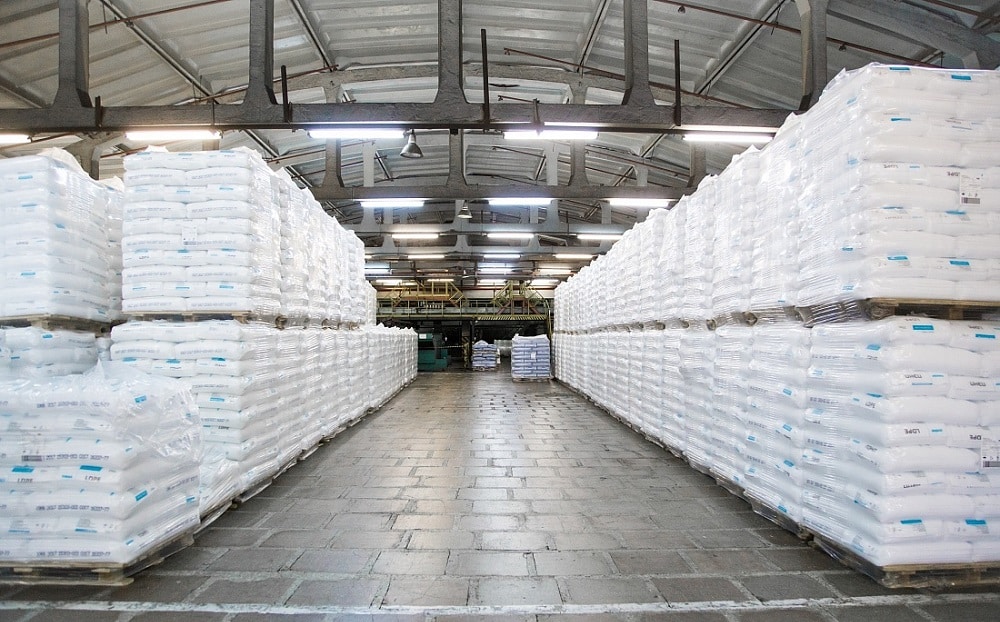
While rice factories, wholesalers, and retailers all play a role in supplying rice to the market, they differ in two key aspects.
Diversity of rice varieties
Rice Factories: Equipped with comprehensive processing lines, rice factories are capable of producing a wide range of products tailored to meet diverse customer requirements. In addition to adhering to international standards—such as offering 5% broken rice—these facilities can create customised rice blends based on specific client specifications.
Rice Wholesalers and Retailers: In contrast, wholesalers and retailers typically offer pre-processed rice sourced from factories without the option for customization. Wholesalers purchase rice in bulk from factories and distribute it to retailers or larger clients, while retailers provide only the stock they have on hand. As a result, their product selection is often limited and may not accommodate unique customer demands like those fulfilled by rice mills.
Factory structure and model
Rice Factories: As the initial link in the rice supply chain, rice factories generally offer competitive pricing. The cost of rice from these facilities is typically lower since it does not include additional expenses incurred by intermediate suppliers, such as local transportation fees and profit margins.
Rice Wholesalers and Retailers: Conversely, wholesalers acquire rice from factories and incorporate costs associated with transportation, storage, and profit into their selling prices. Retailers also factor in expenses related to store management and operations. Consequently, the prices at which wholesalers and retailers sell rice are often higher than those at the factory level. This means that customers ultimately pay more due to the added costs associated with intermediaries in the supply chain.
Leading products of rice factory
One of the most compelling reasons that make rice factories an ideal choice for wholesalers is their extensive product diversity. Generally, these factories offer four main types of rice: long-grain, medium and short-grain, aromatic, and glutinous rice. Below is a detailed comparison of these rice varieties:
| Rice Type | Description | Major Importers | Notable Features |
|---|---|---|---|
| Long Grain Rice (Jasmine, 5451,…) |
The most widely consumed type, making up 75% of global rice trade. | South Asia, Southeast Asia, the Middle East, Sub-Saharan Africa, Latin America | ST rice has a unique pineapple-like aroma and is highly sought after in China. |
| Medium and Short Grain Rice (Japonica, DT8,…) |
Represents 12% of total production. Known for its sticky texture, ideal for dishes like Tteokbokki and sushi. | Korea, Japan, Russia, Ukraine | Including Japonica rice from Vietnam and DT8 rice from China |
| Aromatic Rice (ST25, Jasmine,…) |
Accounts for 12% of production and is known for its rich aroma and sweet, chewy texture. | Philippines, EU, Southeast Asia, North America | Includes Basmati rice from India and Jasmine rice from Vietnam and Thailand. |
| Glutinous Rice | Comprises only 1% of total production but is popular in various Asian cuisines. | China, Southeast Asia, Philippines | Vietnamese glutinous rice is sweet, while Thai glutinous rice has a sticky texture. |
Rice factories like Ngoc Chau Factory exemplify this diversity by offering a wide selection of rice varieties such as Jasmine, DT08, ST24, ST25, KDM, and Japonica. This broad range enables them to meet various market demands and consumer preferences effectively.
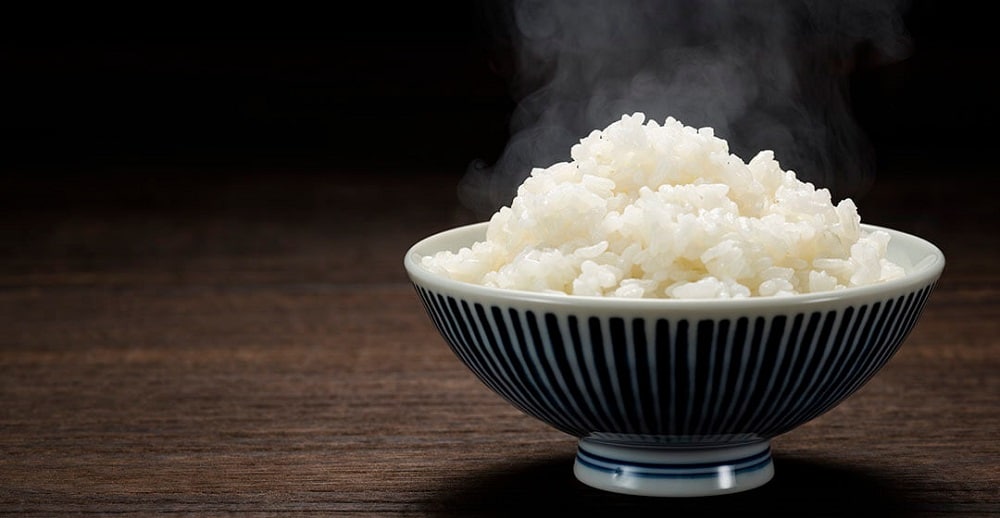
Moreover, it is crucial to evaluate the quality of the rice to ensure it aligns with high standards. For instance, premium long-grain rice should be slender (6-8 mm in length), bright white in colour with a glossy finish, and possess optimal moisture levels (13-15%). It should also have a natural aroma and a fluffy texture when cooked. This focus on both variety and quality helps meet consumer expectations while minimising risks associated with product quality.
Criteria for choosing the best factory
When seeking a high-quality rice factory, wholesalers and retailers should consider several essential criteria to ensure they choose the most suitable supplier. These criteria include:
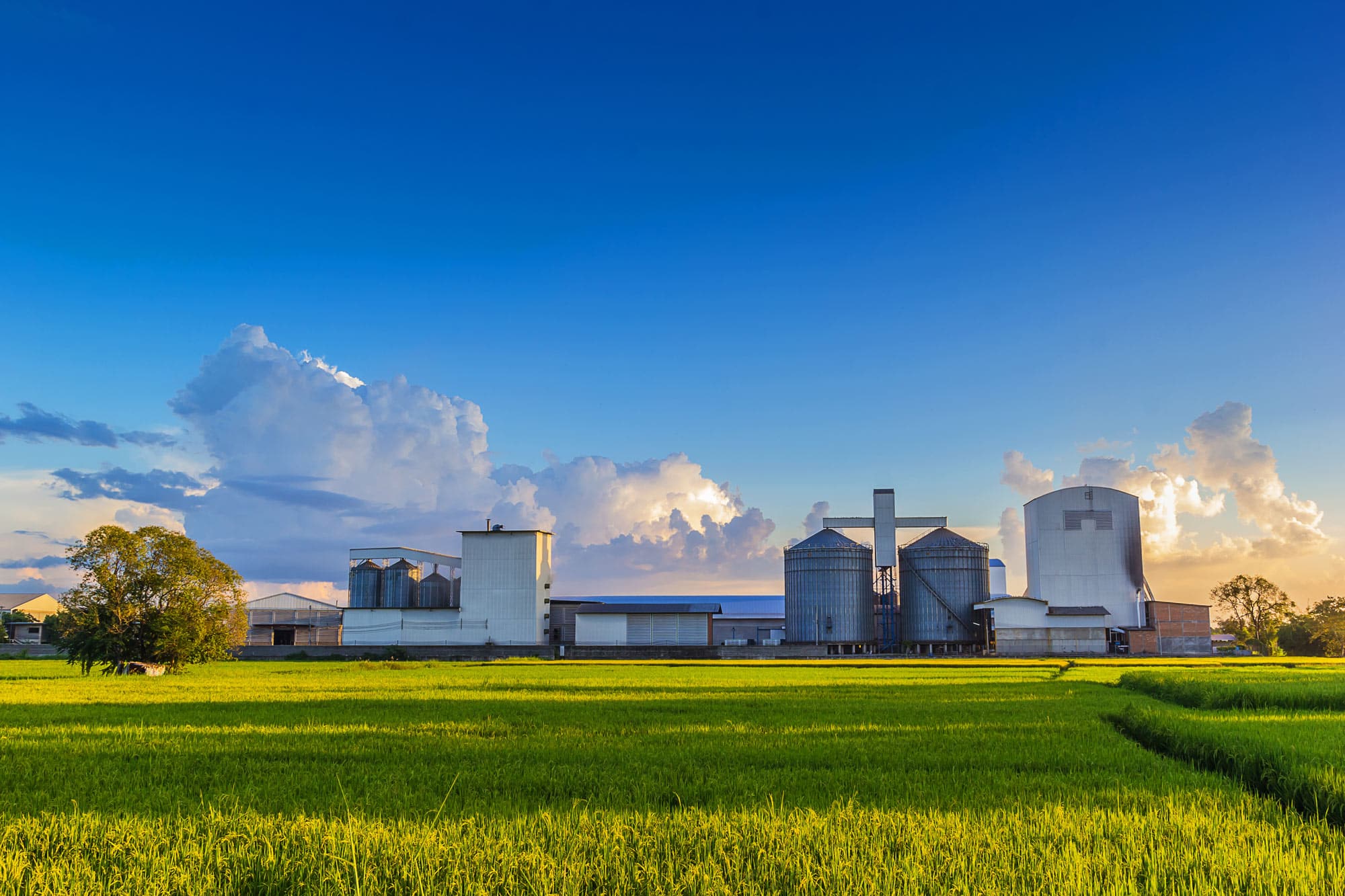
Quality Control Standards
It is crucial to evaluate the quality control measures implemented by the rice factory. This includes understanding their processes for monitoring and maintaining product quality throughout production, from milling to packaging.
Product Range and Quality
Assessing the variety of products offered by the factory is important. A diverse product range indicates the factory’s ability to meet different market demands. Additionally, examining the quality of these products ensures that they align with industry standards and customer expectations.
Sustainability Practices
In today’s market, sustainability is a key consideration. Wholesalers and retailers should investigate the factory’s commitment to environmentally friendly practices, including resource management and waste reduction strategies.
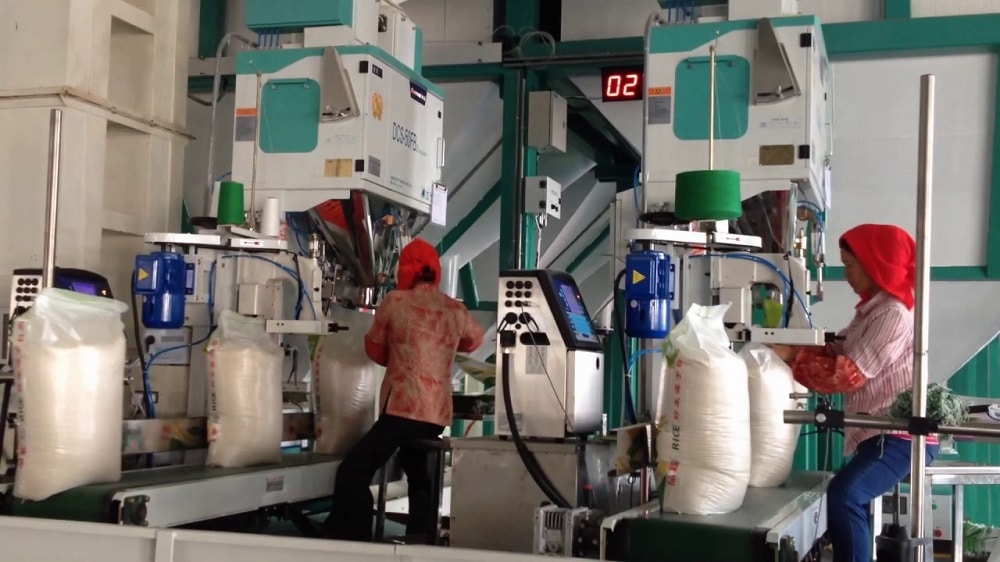
Reputation and Reviews
The reputation of a rice factory can provide valuable insights into its reliability and service quality. Checking customer reviews and testimonials can help assess the factory’s standing in the industry and its track record in fulfilling orders.
Supply Chain Reliability
Finally, it is essential to evaluate the reliability of the factory’s supply chain. This includes their ability to deliver products consistently and on time, as well as their responsiveness to market fluctuations and customer needs.By carefully considering these criteria, wholesalers and retailers can make informed decisions when selecting a rice factory that meets their quality and operational requirements.
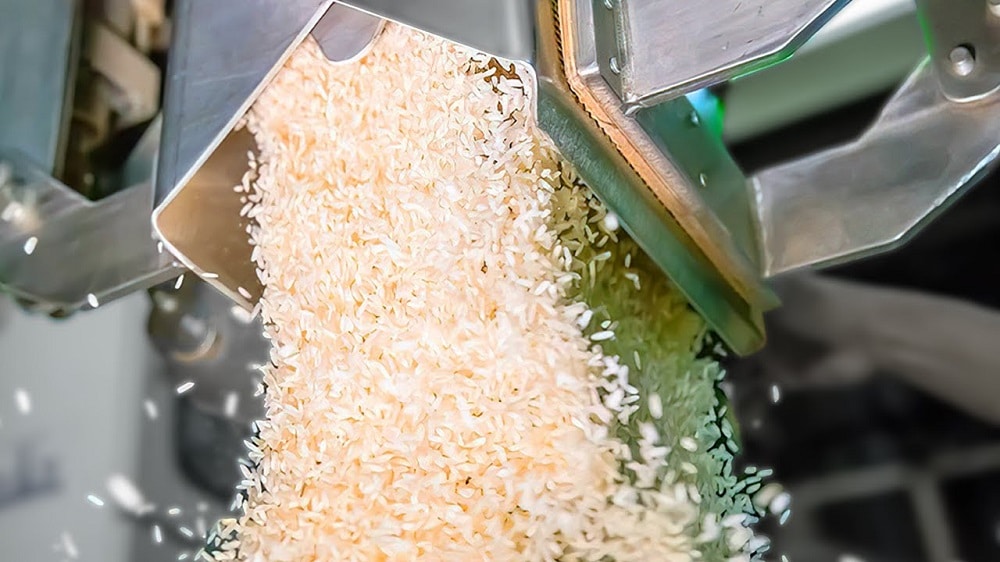
Professional brokers provide a valuable solution for wholesalers who lack extensive experience in the rice industry. By leveraging their established relationships with numerous rice mills, brokers can efficiently connect wholesalers with suitable suppliers based on their specific needs. This service is especially beneficial for experienced wholesalers and retailers who want to streamline their sourcing process and save time on research and evaluation.
Top 10 Best Rice Factory Exporters
Rice is a staple food for billions of people worldwide, and the rice export industry is crucial in meeting global demand. Numerous rice mills specialize in processing and exporting high-quality rice varieties. In this article, we will explore the top 12 rice export mills that have established themselves as leaders in the industry.
KRBL Limited (India)
KRBL Limited, established in 1889, is recognized as one of the largest and most integrated rice companies in India, specializing in basmati rice production. Founded by brothers Khushi Ram and Behari Lal in Lyallpur (now Faisalabad, Pakistan), the company has evolved significantly over its 130-year history. Initially involved in trading various agricultural commodities, KRBL shifted its focus to rice after relocating to India post-partition. The company is best known for its flagship brand, “India Gate,” which has become synonymous with high-quality basmati rice both domestically and internationally.
With an impressive milling capacity of 195 metric tons per hour and a grading and packing capacity of 221 metric tons per hour, KRBL has established itself as a key player in the global rice market. The company has developed a vast network of approximately 95,000 contract farmers across 300,000 hectares in India, ensuring a steady supply of high-quality paddy for processing. KRBL’s commitment to quality is reflected in its comprehensive approach, which includes seed development, farming, milling, and marketing.
Ngoc Chau Factory
Ngoc Chau Factory stands out as one of Vietnam’s leading rice exporters, renowned for its commitment to quality and sustainability. Located in the heart of the Mekong Delta—the country’s primary rice-growing region—Ngoc Chau boasts an impressive milling capacity of 2,500 metric tons per day. The factory specializes in various rice types, including ST25 and Jasmine rice, which are highly sought after both domestically and internationally. With a focus on maintaining high standards throughout the production process, Ngoc Chau ensures that its products meet the expectations of global consumers.
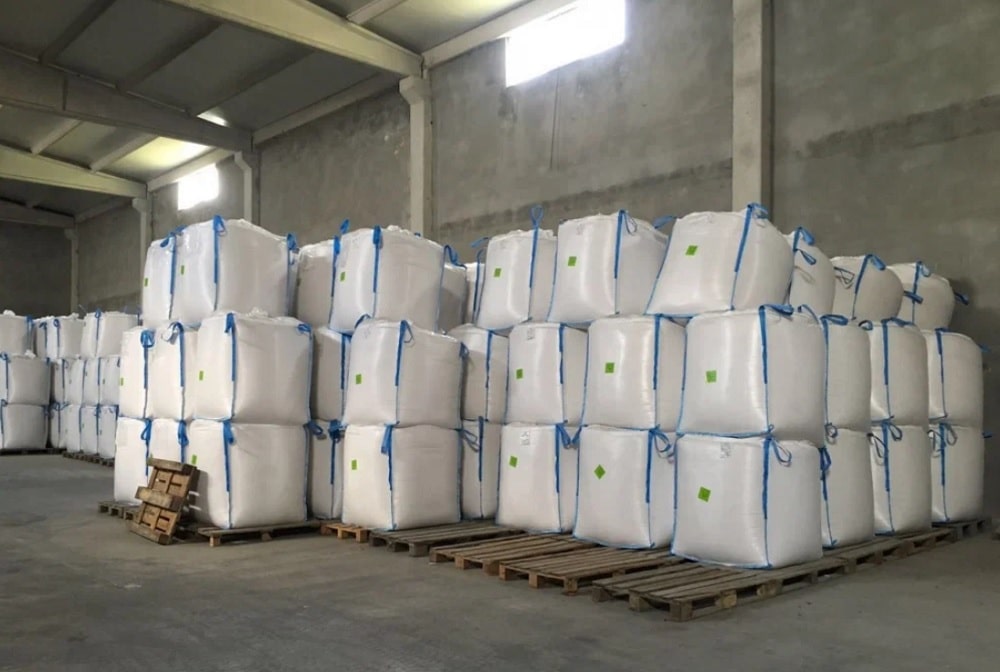
The factory’s operations encompass every stage of rice processing, from milling to packaging. By employing advanced technology and adhering to strict quality control measures, Ngoc Chau guarantees that its rice retains optimal flavor and nutritional value. The company’s dedication to sustainability is evident in its practices aimed at minimizing environmental impact while maximizing efficiency.
LT Foods (India)
LT Foods is a prominent player in the basmati rice market, with its brand “Dawat” being widely recognized. The company operates several state-of-the-art processing facilities and exports rice to more than 60 countries. LT Foods emphasizes quality control and has received various certifications for its production processes.
Amira Basmati Rice (India)
Amira Nature Foods Ltd is a prominent player in the global rice industry, primarily recognized for its high-quality basmati rice. Founded in 1915 under the name Nav Bharat by B.D. Chanana, the company has evolved significantly over the decades. Initially a trading house focused on locally grown beans, it shifted its focus to rice exports under the leadership of Karam Chanana and later Anil Chanana, who rebranded the company as Amira.
Today, Amira is headquartered in Dubai, UAE, with operations extending to India, Germany, the UK, and North America.The company specializes in sourcing basmati rice from smallholder farmers in India, particularly from regions at the foothills of the Himalayas. Amira’s production process involves aging the rice for about a year in burlap sacks to enhance its aromatic qualities before milling and packaging. With over 200 stock-keeping units (SKUs), Amira distributes its products across five continents, catering to a wide range of markets and consumer preferences
Mahavir Rice Mills (India)
LT Foods is a prominent name in the global rice export industry, particularly known for its flagship brand, “Dawat.” Established in 1996, the company has rapidly grown to become one of India’s leading basmati rice exporters. With a strong focus on quality and innovation, LT Foods operates several state-of-the-art processing facilities that adhere to international standards. The company sources its rice from various regions in India, ensuring that it meets the specific requirements of its diverse customer base.
In recent years, LT Foods has reported significant growth, with a 17% increase in its rice segment. The company is optimistic about achieving double-digit growth in international markets due to rising demand for basmati rice. To support this expansion, LT Foods plans to invest approximately ₹200 crore in fiscal year 2025, focusing on capacity enhancement and digital transformation initiatives. This strategic investment aims to strengthen the company’s position in the competitive global rice trade.
Kohinoor Foods (India)
Kohinoor Foods Ltd., established in 1989, has emerged as one of India’s leading exporters of basmati rice. The company is best known for its premium-quality products and has built a strong reputation in both domestic and international markets. Kohinoor’s commitment to quality is evident in its sourcing practices; the company carefully selects paddy from specific regions known for producing high-quality basmati rice.
With a focus on innovation and customer satisfaction, Kohinoor Foods has developed a diverse range of products that cater to various culinary needs. The company exports its products to numerous countries across the Americas, Europe, Asia, and the Middle East. Kohinoor’s dedication to maintaining high standards has earned it several certifications that validate its quality assurance processes.
California Family Foods (USA)
California Family Foods is a prominent rice processing company based in Northern California that specializes in medium and short-grain rice varieties. With decades of experience in the industry, California Family Foods has established itself as a trusted supplier of high-quality rice products for both domestic and international markets. The company prides itself on its commitment to quality control and food safety standards.
California Family Foods employs advanced processing techniques that ensure optimal flavor and texture for its products. The company’s facilities are equipped with state-of-the-art technology that allows for efficient milling, packaging, and distribution processes. This focus on innovation has enabled California Family Foods to maintain a strong market presence while meeting the evolving needs of consumers.
Farmers’ Rice Cooperative (USA)
Farmers’ Rice Cooperative (FRC) is a grower-owned cooperative that represents over 700 member-owners in the United States. Established in 1944, FRC is the largest medium grain marketer in the country and supplies rice products to over 65 countries worldwide.
Ake Rice Mill Company Limited (Thailand)
Ake Rice Mill Company Limited has been specializing in rice production for over 50 years. With an innovative approach to packaging and branding, Ake exports approximately 80% of its production under various brands to markets like the USA and Europe.
Thai Hua Co., Ltd. (Thailand)
Thai Hua Co., Ltd. has been a key player in Thailand’s rice export industry for more than five decades. The company exports up to 500,000 tons of rice annually to customers across 53 countries and operates multiple warehouses along the Chao Phraya River.
Olam International (Singapore)
Olam International is a global leader in food and agri-businesses with a significant presence in the rice export market. The company sources high-quality rice from various regions, including Asia and Africa, ensuring that it meets stringent quality standards before exporting it worldwide.
Golden Grain Rice Company (Vietnam)
Golden Grain Rice Company has established itself as a prominent player in Vietnam’s rice export sector, known for its commitment to quality and innovation. Located in the Mekong Delta, the heart of Vietnam’s rice production, Golden Grain focuses on processing and exporting a wide variety of rice types, including Jasmine and ST24. The company leverages advanced milling technology to ensure that its products meet international quality standards, catering to a diverse range of markets around the globe.
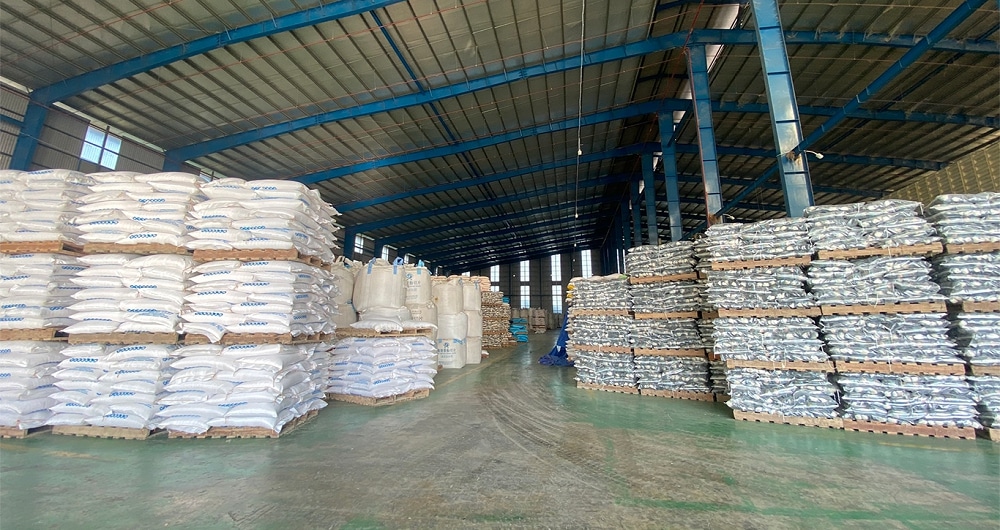
The company’s quality control system is rigorous, covering every stage from procurement to final packaging. Golden Grain collaborates closely with local farmers, selecting only the best paddy from renowned rice-growing regions. Their field staff monitors the crops throughout the growing season, ensuring optimal conditions for harvesting. During processing, samples are regularly tested for uniformity in whiteness, moisture content, average grain length, and broken percentage. This meticulous attention to detail ensures that customers receive consistent and high-quality rice products.



